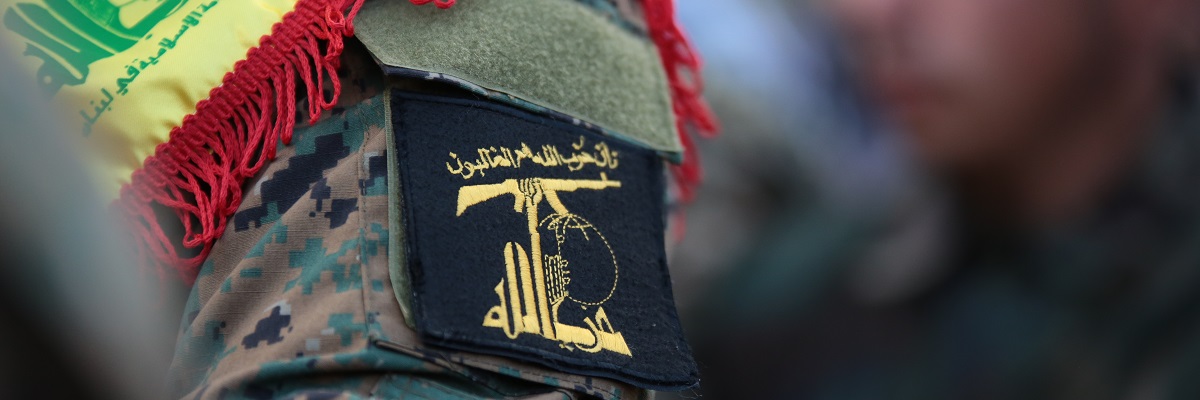Defense & Security
How Hezbollah Sees the War in Gaza

Image Source : Shutterstock
Subscribe to our weekly newsletters for free
If you want to subscribe to World & New World Newsletter, please enter
your e-mail
Defense & Security

Image Source : Shutterstock
First Published in: Nov.06,2023
Dec.01, 2023
In his speech, Nasrallah warned that there is a possibility of Hezbollah’s intervention should Israel persist with its invasion of the Gaza Strip. Emulating his patrons in Iran, Nasrallah was at pains to suggest that Hamas’s October 7 assault in Israel was a wholly Palestinian operation, and that his preference is for the resulting war not to expand. However, to pressure Israel into a cease-fire, Hezbollah is likely to continue to inflame Israel’s northern border by launching limited attacks at Israeli targets from the group’s base in Lebanon. For now, the skirmishes are manageable, but as the conflict persists, Israel-Hezbollah clashes could escalate into a much bigger conflict. Hezbollah is one of the most lethal militant groups in the Middle East. Its fighters are battle hardened, having fought in Iraq and, most recently, Syria. Hezbollah also has approximately 150,000 missiles of various ranges that can inflict substantial damage on Israeli cities.
For years, Iran has been trying to bring together its various militias and proxies into what it calls the “Axis of Resistance.” Hezbollah is the central actor in this equation; its forces have been deployed in multiple battlefronts and have trained other militias in terrorist acts. Before the October 7 attacks, there were indications of coordination involving Iran, Hezbollah, and Hamas. During the summer, Hamas officials visited Iran and acknowledged receiving assistance from Tehran. Just prior to the attack, there were reports of Iranian military personnel meeting with both Hamas and Hezbollah operatives in Beirut, Lebanon. And this past weekend, Iran’s supreme leader, Ayatollah Ali Khamenei, attended a meeting with Hamas leader Ismail Haniyeh during which the ayatollah “emphasized Iran’s permanent policy of supporting Palestinian resistance forces against Zionist occupiers,” Iranian media reported. It is entirely possible that Iran and Hezbollah were aware of Hamas’s planning and that they provided advice and assistance without knowing the exact date of Hamas’s invasion. This provides both with a measure of deniability despite their deep complicity.
Nasrallah’s speech was remarkably similar to the public pronouncements of Iranian officials, indicating that it could have been crafted in coordination with Iran. Both Hezbollah and Tehran have praised the October 7 attacks and celebrated the achievements of Hamas. They have both indicated that they had no prior knowledge of the assault but wholeheartedly approved of it. And they both have stressed that they do not wish to expand the war but could do so if Israel persists with its military campaign to wipe out Hamas and if civilian casualties mount. Nasrallah even went out of his way to absolve Tehran in his speech. “The events of [Hamas’s] Al-Asqa Flood operation unequivocally demonstrate that Iran exerts no control over the resistance factions, with the true decision-makers being the leaders of the resistance and their dedicated fighters.” It is curious that a leader of a Lebanese organization would comment on Iran’s role in this way.
The credibility of the Axis of Resistance rests partly on Hamas surviving Israel’s retaliation. Hamas has become a core member of that resistance front, and its recent invasion has captured the imaginations of many Arabs. Moreover, Hamas gives Iran a degree of stature in the Sunni Muslim world that it needs given its complicity in the Syrian Civil War, which saw the killing of tens of thousands of Sunnis, at the least. Thus, the destruction of Hamas ill-serves Iran’s interests on many fronts. Still, on the domestic side, the regime stands to gain little with the Iranian public, which largely does not share its interest in supporting the Palestinian struggle against Israel.
First published in :

Ray Takeyh is Hasib J. Sabbagh senior fellow for Middle East studies at the Council on Foreign Relations (CFR) in U.S.. His area of specialization are Iran, U.S. foreign policy, and modern Middle East.
Unlock articles by signing up or logging in.
Become a member for unrestricted reading!